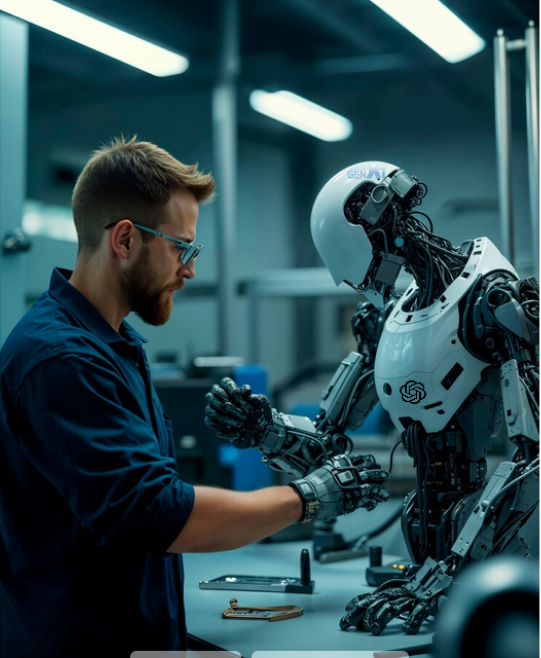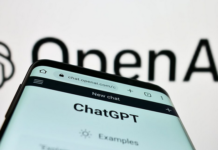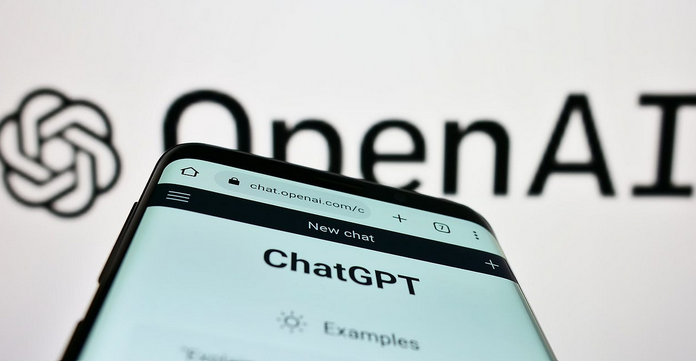“OpenAI’s Tasks and the Rise of Autonomous AI in Workplaces in 2025”
Artificial intelligence (AI) is no longer a niche topic reserved for tech enthusiasts and sci-fi fans. It’s an integral part of our lives, from curating our playlists to enabling self-driving cars. But as we embrace 2025, a seismic shift is taking place. OpenAI’s latest developments, particularly the launch of its “Tasks” feature for ChatGPT, herald the beginning of what some are calling the “agentic era.” Let’s dive into what this means, why it matters, and whether we should be excited or just slightly terrified (alert-spoiler: a bit of both).

From Chatbot to Personal Assistant: Introducing Tasks
OpenAI recently unveiled “Tasks,” a beta feature that promises to transform ChatGPT from a reactive chatbot into a proactive personal assistant. Available to Plus, Team, and Pro users, Tasks allows ChatGPT to schedule actions, set reminders, and even suggest future tasks based on previous conversations.
Imagine this: instead of manually setting a calendar reminder for your parents birthdays or Googling the weather every morning, ChatGPT can do it all for you. It’s like having an extremely diligent assistant who’s always on hand – minus the coffee breaks. Tasks can be one-off or recurring and are notified through web, desktop, or mobile devices. The only caveat? Task management is currently only accessible via ChatGPT’s web interface. (We’ll let them off for now; it’s still in beta.)
To get started, users need to enable the “4o with scheduled tasks” option in the model picker. From there, they can type commands such as, “Remind me to book train tickets on Friday” or even, “Tell me a random joke at 7pm daily.” Is it groundbreaking? Absolutely. Will it replace your comedy club membership? Probably not! As we all know ChatGPT or AI in general are terrible at making jokes, but I digress.
Tasks and Beyond: OpenAI’s Grand Vision
The introduction of Tasks isn’t just about scheduling reminders. It’s a stepping stone toward OpenAI’s broader goal: creating autonomous AI agents capable of performing complex tasks without constant human intervention. Rumour has it that “Operator,” OpenAI’s first full-fledged AI agent, could debut soon, bringing with it the ability to navigate websites, summarise data, and even troubleshoot IT issues. If you’ve ever dreamed of outsourcing your least favourite work tasks to a virtual assistant, your wish may be granted sooner than you think.
Why does this matter? Because until now, AI tools like ChatGPT have been reactive – responding to queries in real-time. Tasks shifts this dynamic, enabling the AI to take proactive steps. For example, it could send reminders, initiate follow-ups, or curate personalised content. It’s the difference between having a waiter who brings your food when you ask and one who remembers your favourite dish and serves it without being prompted. (We’ll leave you to decide which is more unnerving.)
A Crowded Space, But a Unique Contender
Tasks isn’t entering a vacuum. The productivity space is already teeming with apps like Google Calendar, Asana, Trello, and Notion. Each offers its own spin on task management and reminders. So, why should anyone care about ChatGPT’s foray into this crowded market?
Here’s the kicker: ChatGPT already excels at streamlining workflows. Developers use it to debug code, writers employ it for drafting content, and students turn to it for research assistance. Adding scheduling capabilities feels like a natural progression. Why hop between multiple apps when one AI can handle everything from brainstorming ideas to reminding you to pick up bread and milk?
OpenAI’s bet is that people will appreciate an all-in-one solution, especially one as conversationally adept as ChatGPT. It’s like having a Swiss Army knife that not only cuts and screws but also gives you a pep talk before a big presentation.
The Road to Autonomy: Enter AI Agents
Tasks is just the tip of the iceberg. OpenAI’s vision for AI agents goes far beyond reminders and scheduling. According to CEO Sam Altman, 2025 could be the year AI agents enter the workforce en masse. These aren’t your run-of-the-mill bots. AI agents, such as the much-anticipated Operator, are designed to act autonomously, making decisions to complete tasks without constant supervision.
Picture this: an AI agent that not only schedules your meetings but also drafts reports, analyses data, and even negotiates contracts. Companies like McKinsey are already testing AI agents to handle client inquiries and manage datasets, suggesting that the corporate world is ready to embrace these virtual employees.
But what makes AI agents so revolutionary? Unlike traditional software, they’re designed to learn from feedback, adapt to new scenarios, and make context-aware decisions. They’re not just tools; they’re collaborators. And while that sounds thrilling, it also opens up a Pandora’s box of ethical, technical, and regulatory challenges.
Practical Applications: Where AI Agents Are Already Making Waves
AI agents aren’t just theoretical; they’re already changing how businesses operate. Here are a few ways they’re making an impact:
- Customer Service
AI agents are taking over routine interactions, such as answering FAQs, scheduling follow-ups, and providing personalised support. This not only enhances customer experience but also frees up human employees to focus on more complex issues.
- Human Resources
From automating hiring processes to managing onboarding and gathering employee feedback, AI agents are streamlining HR functions, making them faster and more efficient.
- Data Analysis
AI agents can sift through mountains of data to uncover actionable insights in real-time. For organisations that rely on quick decision-making, this capability is a game-changer.
- Marketing
Hyper-personalisation is the name of the game. AI agents can create tailored advertising strategies, manage social media accounts, and track campaign performance – all while reducing operational costs.
Challenges on the Horizon
Of course, no technological leap comes without its hiccups. AI agents, for all their promise, face significant hurdles:
- Reliability
As sophisticated as they are, AI agents are not infallible. What happens if an agent forgets to send an important reminder or makes an erroneous decision? Reliability is critical, especially in high-stakes environments.
- Ethical Concerns
AI agents acting autonomously raise questions about accountability. If an agent makes a costly mistake, who’s to blame – the user, the organisation, or the developer?
- Workforce Impact
Automation inevitably sparks fears of job displacement. However, proponents argue that AI agents will complement human workers, enabling them to focus on more strategic and creative tasks.
Preparing for an Agentic Future
As we approach this brave new world, businesses and individuals alike need to prepare. Here’s how:
- Upskill Your Workforce: Provide training to ensure employees can work alongside AI systems effectively.
- Plan Strategically: Identify which operations would benefit most from automation and develop a phased implementation strategy.
- Foster Leadership: Appoint leaders who understand AI and can oversee its integration and effectiveness.
Why This Matters
The rise of AI agents isn’t just about shiny new tools. It’s about redefining productivity and reshaping how we work. By automating mundane tasks, these agents give us the freedom to focus on what truly matters: creativity, innovation, and human connection.
OpenAI’s Tasks feature might seem small in the grand scheme, but it’s a harbinger of bigger things to come. Now we’ve launched into 2025, the era of autonomous AI isn’t just on the horizon – it’s already here. The question is: are we ready to embrace it?
So, next time you’re setting a reminder or scheduling a meeting, think about this: what if that task could be handled seamlessly by an AI agent, leaving you with more time to dream big, laugh hard, and maybe even tell a knock-knock joke or two? The future is closer than you think, and it’s looking pretty exciting – as long as we remember to keep a human touch.


















